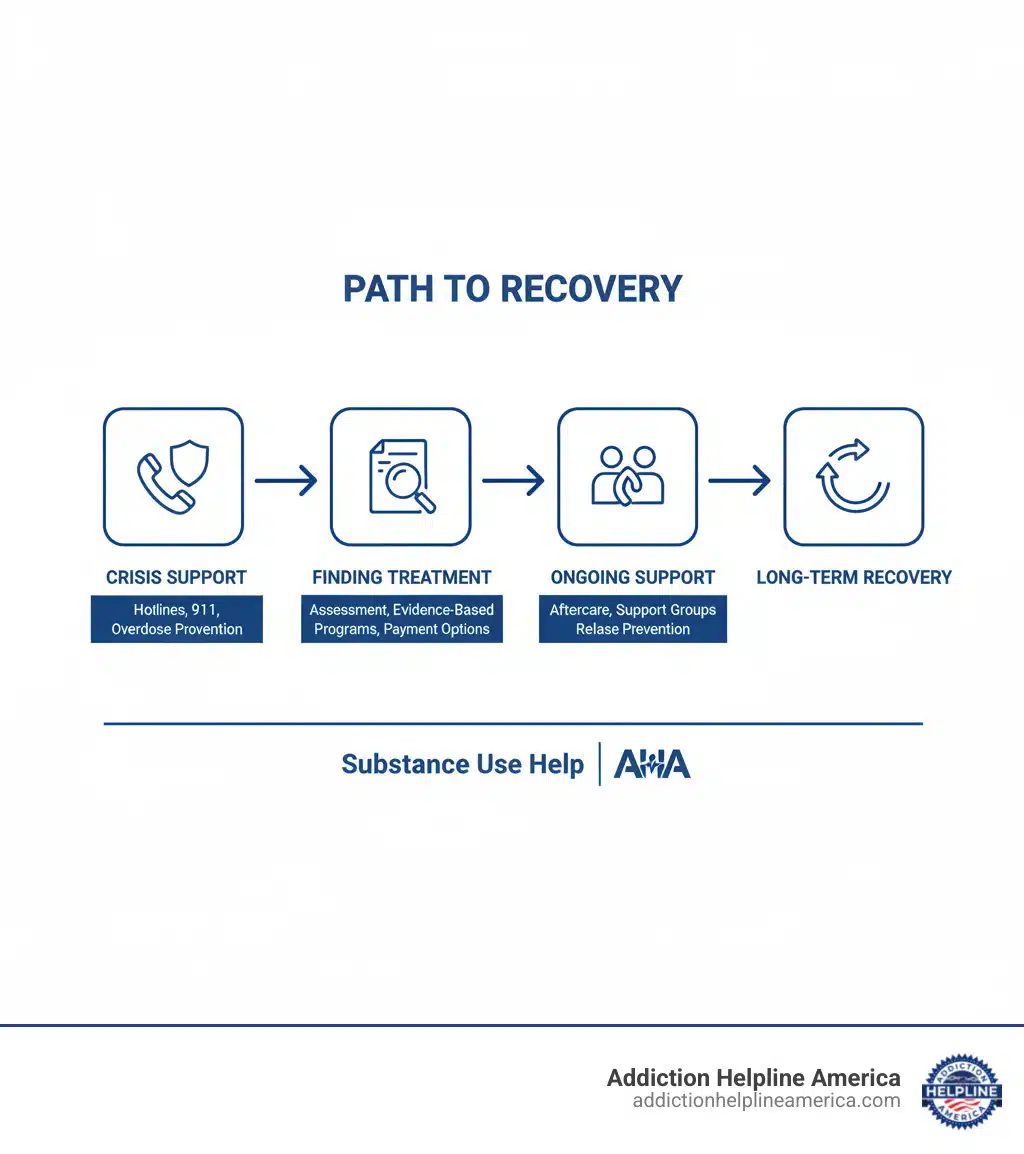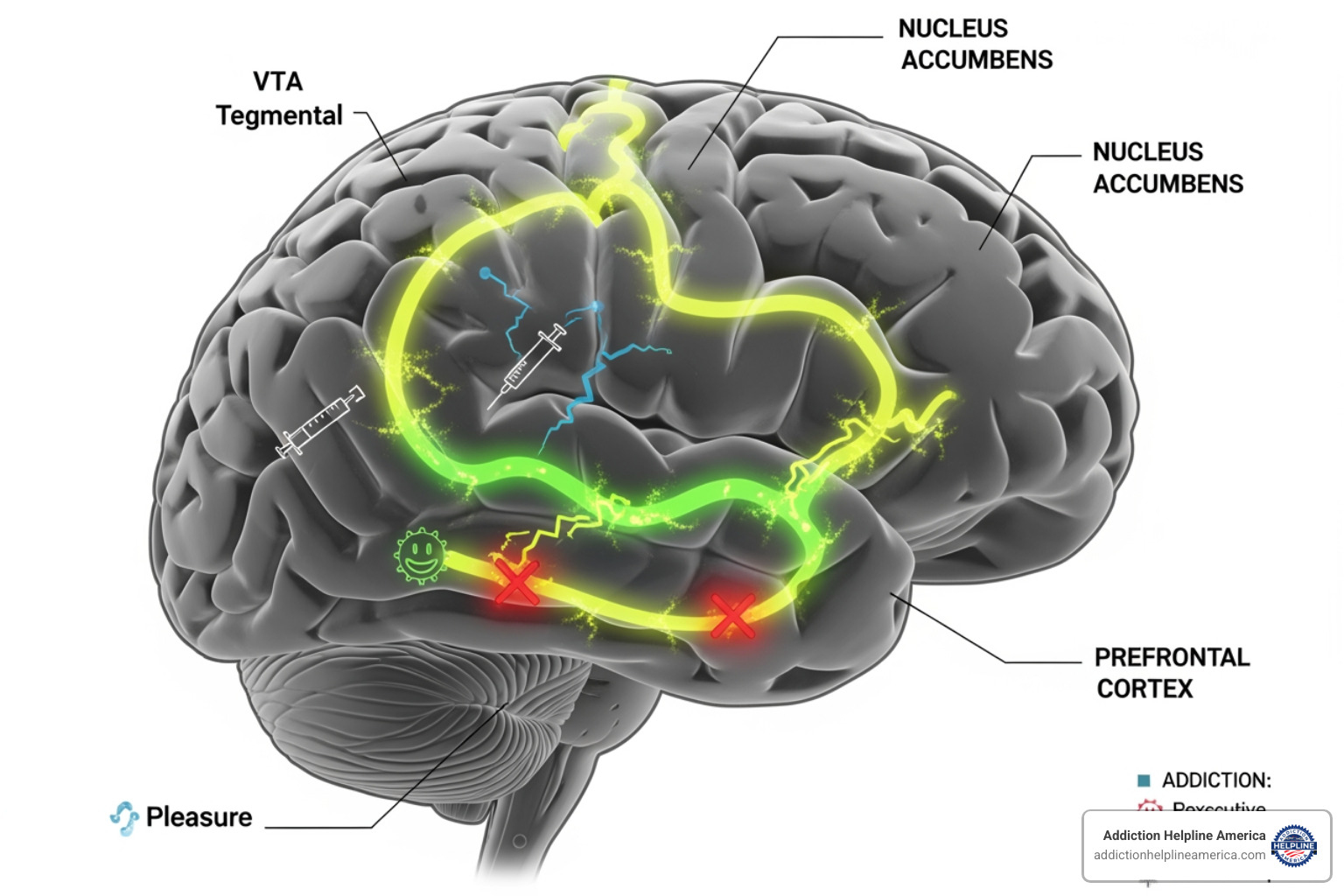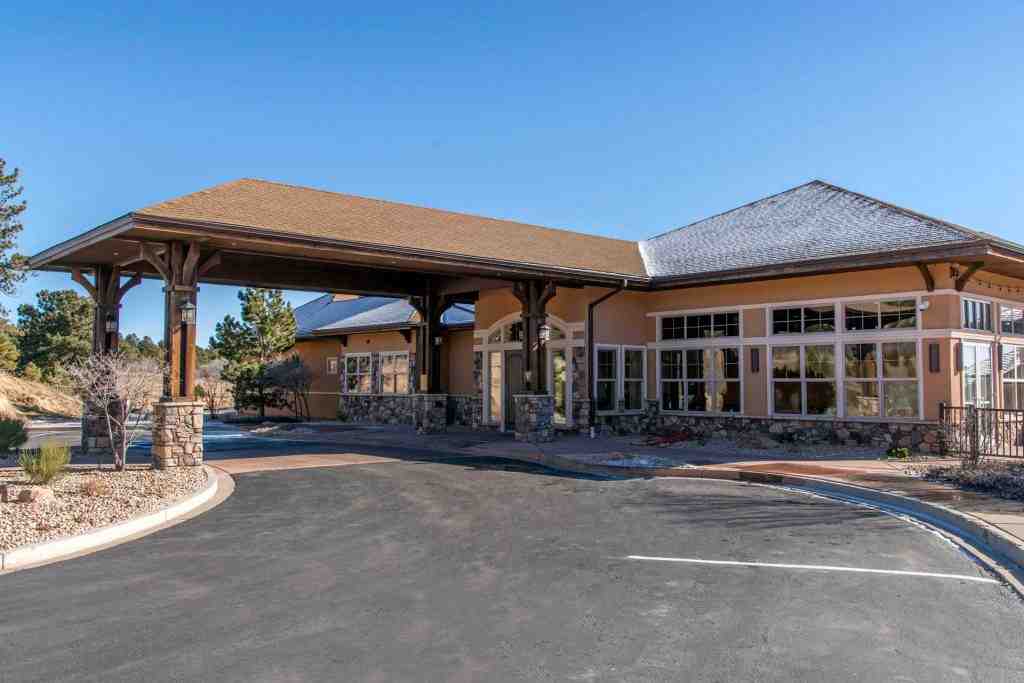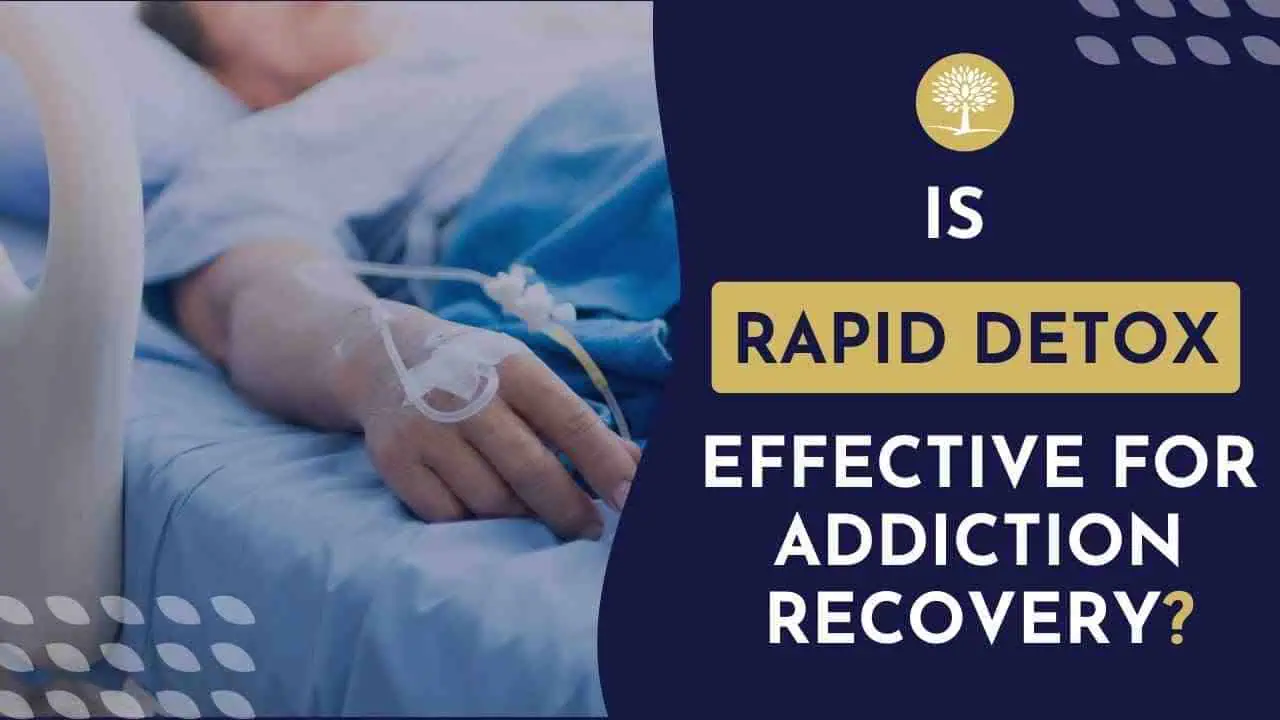
Why Seeking Substance Use Help is the Most Important Step You’ll Ever Take
Substance use help is available right now, 24/7, through confidential hotlines, treatment locators, and crisis services. Whether you’re struggling yourself or worried about a loved one, help exists at every stage of the journey.
The numbers tell a powerful story. According to the Centers for Disease Control and Prevention, one in 14 Americans reports experiencing a substance use disorder. In 2023 alone, 48.5 million people aged 12 or older struggled with addiction. About half of those with substance use disorders also experience serious mental illness, making integrated care essential.
But here’s the critical truth: recovery is possible. Millions of people have found their way back from addiction. Treatment works, support exists, and the path forward starts with a single step—reaching out for help.
This guide will walk you through every stage of that journey, from understanding what substance use disorder really is, to finding immediate crisis support, to locating quality treatment programs that fit your needs and budget. We’ll cover everything from overdose prevention to ongoing recovery support, specialized care for opioid addiction, and how to help a loved one who’s struggling.
At Addiction Helpline America, we’ve dedicated our mission to connecting individuals and families with compassionate, confidential substance use help through our 24/7 helpline and comprehensive treatment referrals. Our team of addiction specialists and recovery advocates understands that seeking help takes courage, and we’re here to guide you through every step of your recovery journey.
Substance use help terminology:
Understanding Substance Use Disorder (SUD)
Substance Use Disorder (SUD) is a chronic disease that changes how your brain works, making it difficult to control your use of a substance despite harmful consequences. It’s not a matter of willpower. The National Institute on Drug Abuse explains that substances can hijack the brain’s reward system, leading to intense cravings and compulsive use.
Recognizing the warning signs is your first step toward getting substance use help. These can be:
- Behavioral: Changes in social circles, neglecting responsibilities, or financial trouble.
- Physical: Changes in appearance, sleep patterns, or energy levels.
- Psychological: Mood swings, defensiveness, or using substances to cope with stress.
If these patterns sound familiar, it’s time to seek a professional diagnosis. A comprehensive assessment from a qualified treatment professional can help determine the appropriate level of care. For more information about treatment approaches, visit our page on More on Behavioral Health Treatment.
The Link Between SUD and Mental Health
About half of all people with a substance use disorder also experience a mental illness. This is known as a dual diagnosis. One condition can often worsen the other, creating a vicious cycle. Effective substance use help for a dual diagnosis requires integrated treatment that addresses both conditions simultaneously. The National Institute of Mental Health provides detailed Information on Co-Occurring Disorders that can help you understand this complex relationship better. The right treatment approach makes all the difference.
Immediate Steps for Substance Use Help
When a crisis hits, knowing what to do can save a life. If someone is experiencing an overdose or is in immediate danger, call 911 without hesitation. Emergency services are trained to provide critical, life-saving care and can connect you with further substance use help.
Crisis Hotlines and Support:
If you need immediate support, Addiction Helpline America offers free, confidential help 24/7.
Our Addiction Helpline America National Helpline connects you with caring advisors who understand what you’re going through. You can find more information on our Addiction and Rehab Hotlines page. When you reach out, your privacy is protected, and the conversation is anonymous.
Overdose Prevention and Harm Reduction
Recognizing the signs of an overdose can save a life. For opioid overdoses, look for pinpoint pupils, slow or no breathing, and unresponsiveness. Administering naloxone (Narcan) immediately can reverse the effects. Naloxone is safe, effective, and increasingly available without a prescription. The CDC provides crucial details on their Life Saving Naloxone information page.
Good Samaritan laws in many states protect people who call for help during an overdose from drug possession charges. Beyond overdose response, harm reduction services like needle exchange programs and fentanyl test strips help keep people safe.
Withdrawal can also be dangerous, especially from alcohol and benzodiazepines. Our article Can You Die From Heroin Withdrawal? explains why medically supervised detox is essential. Never attempt to detox alone.
Finding the Right Treatment Program
Once you’ve taken the courageous first step, the next is finding the right treatment program. This is a critical part of building a foundation for lasting recovery.
Treatment programs offer various levels of care, from intensive inpatient settings to flexible outpatient options. The “right” program depends on your individual needs, the severity of your substance use, and any co-occurring mental health conditions.
We advocate for finding licensed facilities that use evidence-based practices. Addiction Helpline America can help you identify high-quality options from our nationwide network and guide you through the selection process. Our guide to Best Rehab Programs offers further insights into what makes a program effective.
How to find quality substance use help
Quality substance use help hinges on using evidence-based practices, which are scientifically proven to be effective. Key practices include:
- Cognitive Behavioral Therapy (CBT): Helps identify and change problematic thought patterns and behaviors.
- Medication-Assisted Treatment (MAT): Combines medications with counseling, especially for opioid use disorder. SAMHSA strongly supports MAT as part of a comprehensive treatment plan.
- Motivational Interviewing: A counseling approach that helps individuals resolve ambivalence about change.
Effective treatment addresses the whole person, not just their drug use, as highlighted in the Principles of Drug Addiction Treatment.
Specialized programs are also crucial for certain populations. When seeking substance use help, consider if you or your loved one falls into one of these categories:
- Veterans: Often deal with co-occurring PTSD.
- Adolescents: Treatment needs to be age-appropriate and often involves family. See our page on Adolescent Substance Abuse.
- LGBTQ+ Individuals: May require culturally competent care.
- Individuals with Co-occurring Disorders: Integrated treatment is essential for those with both SUD and mental health conditions.
Navigating Treatment Options and Payment
Understanding treatment options and how to pay for them is key. Here’s a simplified look at common levels of care:
| Treatment Option | Description |
|---|---|
| Detoxification | Medically supervised withdrawal from substances. |
| Inpatient/Residential | 24/7 care in a structured, supportive environment. |
| Outpatient (OP) | Regular therapy sessions while living at home. |
| Intensive Outpatient (IOP) | More structured than standard outpatient, with more frequent sessions. |
| Partial Hospitalization (PHP) | A highly structured program with daily attendance, but patients return home at night. |
For a deeper dive, see our comparison of Inpatient vs Outpatient Rehab.
Paying for Treatment:
Cost shouldn’t be a barrier. Options include:
- Insurance: Most health insurance plans, including Medicaid and Medicare, cover substance use treatment. Check your plan for details.
- State-Funded Programs: Many states offer programs to help cover treatment costs.
- Federally Qualified Health Centers (FQHCs): These centers provide care regardless of ability to pay. Find one at Find a Health Center.
- Sliding Scale Fees & Free Services: Many facilities offer reduced costs based on income or provide free services. Our team can provide referrals.
Specialized Substance use help for Opioid Addiction
Opioid addiction requires specialized substance use help. Medication-Assisted Treatment (MAT) is a highly effective approach, combining FDA-approved medications with counseling.
Key medications used in MAT for opioid addiction include:
- Buprenorphine: Reduces cravings and withdrawal symptoms. See our Find Buprenorphine Providers page.
- Methadone: Prevents withdrawal and reduces cravings, dispensed at licensed Opioid Treatment Programs (OTPs).
- Naltrexone: Blocks the effects of opioids, preventing relapse.
Our guide to Opioid Addiction Treatment Options provides more details.
Life in Recovery: Ongoing Support and Relapse Prevention
Recovery is an ongoing journey, not a destination. Sustaining it means building new habits, creating supportive connections, and having a plan for challenges. Aftercare and relapse prevention are essential for long-term success.
Aftercare services bridge the gap between intensive treatment and daily life. This can include continued therapy, sober living arrangements, or vocational training. Building a sober network of people who understand your journey provides invaluable encouragement and accountability.
Recovery also means caring for your whole self. Developing healthy habits like exercise, nutrition, and stress management helps repair the damage from substance use and fills your time with positive activities. For more strategies, see our Relapse Prevention Tips.
Support Groups and Peer Communities
Connection is everything in recovery. Support groups and peer communities surround you with people who understand.
- 12-Step programs like Alcoholics Anonymous (AA) and Narcotics Anonymous (NA) offer a structured path to sobriety. These programs are widely available in communities across the country.
- Science-based alternatives provide practical tools for managing thoughts and behaviors through cognitive and behavioral approaches.
- Digital tools including recovery apps and online forums offer support anytime, anywhere.
The Role of Friends and Family
Substance use disorder affects everyone close to the individual. If you’re a friend or family member, your support is crucial, but it can be challenging.
- Educate yourself: Understanding addiction as a disease is the first step. Resources from SAMHSA and NIDA can help.
- Approach with empathy: Express your concern from a place of love, not judgment.
- Set healthy boundaries: This is vital for your own well-being. It’s about protecting yourself, not punishing your loved one.
- Encourage treatment: Offer to help find options, but remember the decision to change must be theirs.
- Get support for yourself: You are not alone. Family support groups and family therapy can provide guidance and healing.
Supporting someone in recovery is a marathon, not a sprint. It requires patience, love, and the wisdom to let them find their own path.
Frequently Asked Questions about Substance Use Help
Navigating the path to recovery can bring up many questions. Here are answers to some common ones.
What is the very first step to getting help?
The first and most crucial step is acknowledging that a problem exists. Once you’ve done that, the next action is to reach out. You can:
- Call a confidential helpline, like our Addiction Helpline America line.
- Talk to a trusted doctor or therapist.
- Confide in a supportive friend or family member.
You are not alone, and help is available.
Can I be forced into rehab?
Laws on involuntary commitment for substance use vary by state. In some cases, a court can order treatment if a person is a danger to themselves or others. However, lasting recovery is most successful when the individual is willing to change. While involuntary commitment can be a starting point, our focus is on empowering individuals to choose recovery.
How do I help a loved one who doesn’t want help?
It’s incredibly difficult when a loved one resists help. Here are some strategies:
- Express Concern with Empathy: Use “I” statements to share your worries without blame (e.g., “I am worried about you”).
- Set Healthy Boundaries: Protect your own well-being by deciding what you will and will not tolerate. This isn’t punishment, but a way to stop enabling harmful behavior.
- Educate Yourself: Learn about addiction to better understand what your loved one is going through. The DEA’s Resources for Families Coping with Mental and Substance Use Disorders is a great place to start.
- Seek Professional Guidance: An interventionist or therapist can provide strategies for encouraging treatment.
- Attend Family Support Groups: Groups like Al-Anon or Nar-Anon can provide you with a community of people who understand.
You cannot force someone to change, but you can change your approach, which may create an opening for them to seek substance use help.
Your Path to Recovery Starts Today
Recovery is a journey, not a destination. It’s a commitment to a healthier, more fulfilling life. While the path can be challenging, substance use help is available at every stage, from acknowledging the problem to maintaining long-term sobriety.
Taking the first step requires immense courage, but it is the most powerful one you can make. It’s a choice for yourself, your future, and your well-being. Millions of people have successfully steerd this journey, and you can too.
At Addiction Helpline America, we are here to guide and support you. We offer free, confidential, and personalized assistance to connect you with the right treatment program from our nationwide network. Our team of specialists is ready to listen to your story and help you find the path that’s right for you.
You don’t have to do this alone. Find immediate, personalized support through our Addiction and Rehab Hotlines. Your journey to recovery can begin today.
Our helpline is 100%
free & confidential
If you or someone you care about is struggling with drug or alcohol addiction, we can help you explore your recovery options. Don’t face this challenge alone—seek support from us.
24/7 Confidential Helpline for Addiction Recovery Support
Resources
Will my insurance
cover addiction
treatment?
We're ready to help
Find the best
drug or alcohol treatment
center
Are you or a loved one struggling with addiction? Call today to speak to a treatment expert.














